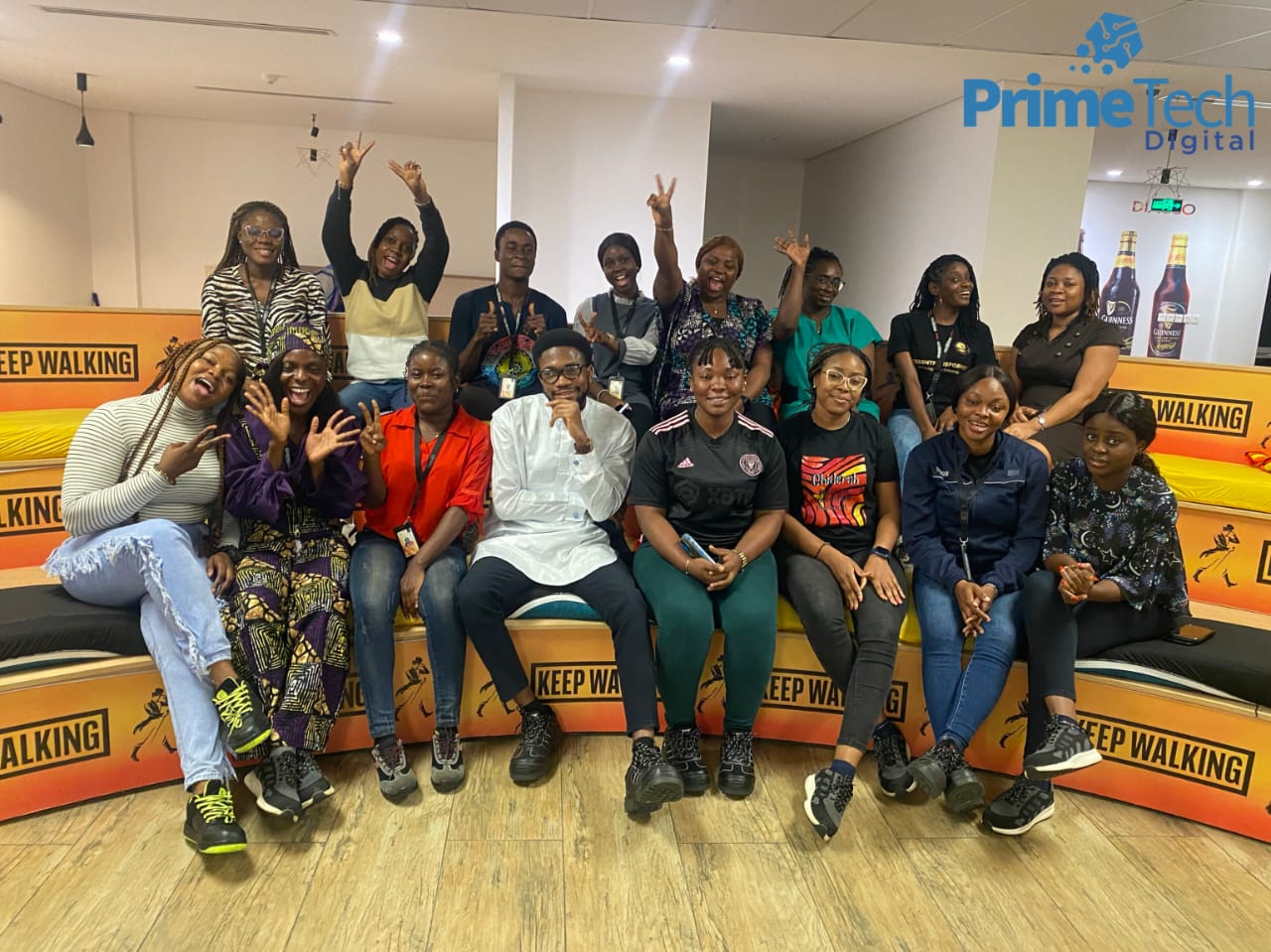Stakeholders have highlighted that miscreants and homeless persons trooping into Lagos State from time to time are among those practicing open defecation (OD) within some communities in the state.
To this end the stakeholders including community based organisations (CBOs), non-governmental organisations (NGOs), representatives of the media, among others, have urged the Lagos State Government to rein in this category of citizens with a view to curb OD which they perpetuate in communities.
They made the call during the 2024 World Toilet Day Media Roundtable organised by the Development Communications Network (DEVCOMS) in partnership with USAID/LUWASH (Lagos Urban Water, Sanitation and Hygiene). This year’s commemoration ‘Use The Toilet And Have Peace’ took place in Lagos on November 21.
The event titled ‘Curbing Open Defecation In Lagos State: Towards A Multi Stakeholder solution’, was aimed to disseminate the impact of the Lagos State Government to curb OD in the state.
Without the political will to enforce regulations, most participants observed that the government may not meet the 2030 target date to make Lagos open defecation free.
However, according to the Director, Sanitation, Lagos State Ministry of Environment and Water Resources, Dr Hassan Sanuth, represented by Mrs Bamigbade Ebunola Sesi, deputy director at the Sanitation Services Department, Ministry of Environment and Water Resources, there are currently 1,500 toilets scattered across the state out of which 367 are constructed by the government, while 625 are registered and operated by private companies in compliance with the sanitation standard.
Sanuth said to bridge the toilet deficit gap, the state requires 1,650 public toilets of eight cubicles per unit to make up the deficit to achieve access to adequate and equitable sanitation and hygiene for all and end OD by 2030 (SDG-6.2).
Sanuth said while giving approval for the establishment of petrol stations across the state, operators have been urged to build two toilets, ensuring that one is open to the public.
Sadly, some operators are still adamant to create needed access for citizens, giving excuses including lack of water availability, resulting in the locking up of such toilets.
It was also observed that there have been cases of residential houses built without the provision of toilet facilities. The Director of sanitation at the state Ministry of Environment however urged the public to report violations to appropriate authorities for action.
The Executive Director, DEVCOMS, Mr Akin Jimoh said to achieve the set 2030 target to make Lagos OD- free, there’s a need for citizens to adopt behaviour change in the area of practicing good hygiene and Sanitation.
“On how we change our behaviour in a way that at the end of the day it will become beneficial for all of us,” Jimoh said collaboration between government agencies and different units addressing different areas is necessary.
To bridge toilet deficit gap, the state requires 1,650 public toilets
“The other thing is looking at some of the issues that have to do with destitutes so as to prevent them from practicing OD.” To curb OD, “we need to provide more toilets.
The standard urban development planning standard needs to be looked into and we need to address those things,” he said, adding, “There are toilets that are not open to the public that are supposed to be open to the public.”
Jimoh reasoned that every public facility including fast food restaurants are supposed to have standard toilets. “Fuel stations are supposed to be a place of comfort.
If you are travelling somewhere along Lagos Badagry Expressway or elsewhere, you should be able to move into a fuel station and use the facility. These are things that happen in other advanced countries.
“Those are some of the elements that we need to look at if we are going to meet the set target,” he said. Mrs. Mercy Nwigwe from an NGO, Intellectual and Special Need Group said, “I want to thank USAID and DEVCCOMS. In fact the Toilet Day awareness is very important, I have learnt a lot as a special need person.
I have learnt that as a person, I should be clean, I should be able to keep my surroundings neat and I should also be able to advocate, for example, there are people that have just one toilet where they have 20 tenants, there should be more toilets there.
So, I should be able to speak out, sensitise people especially in my school and my NGO. I should be able to tell them that a lot of sicknesses and diseases are contracted through the toilet.” Oluwayemisi Taiwo, CEO of Community Advocacy said that she was overwhelmed with the concept of the roundtable.
“I was overwhelmed with the programme, especially the Open Defecation Free Lagos Roadmap, the action that they want to put in place now, like advocacy and enlightenment, regulation and standardisation which will make us engage in more action against open defecation.
Then addressing infrastructural gaps, I think with this we would get to where we are going on open defecation.” Architect Mojibayo Akinjiyan, a Clergy, who also runs a CBO and Executive Director, Life Anchor, an NGO based in Lagos, while speaking on the causes of open defecation said inadequacy of toilet facilities and the people’s mindset are major issues.
Please follow and like us:

 2 hours ago
10
2 hours ago
10











